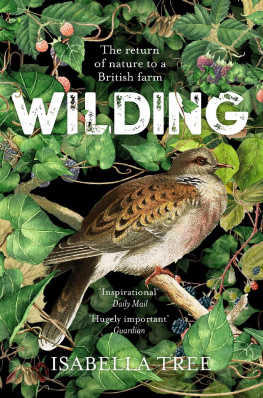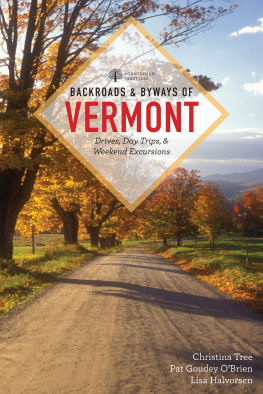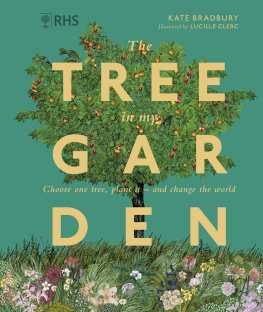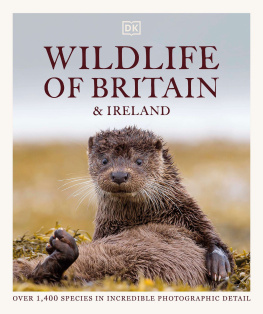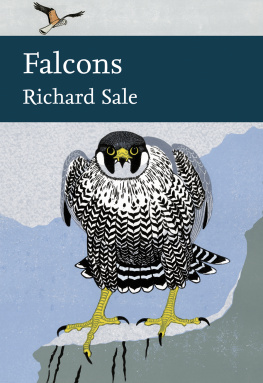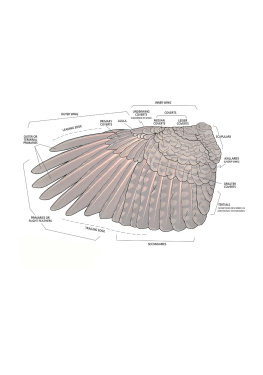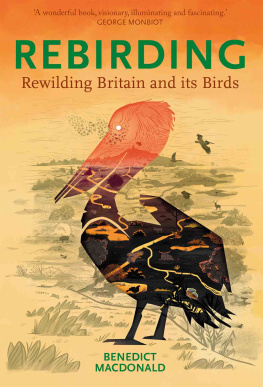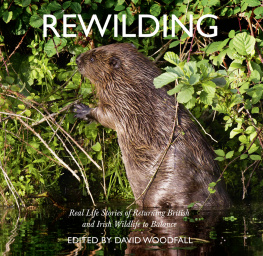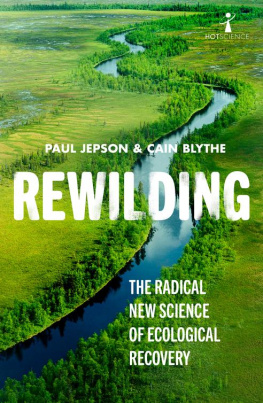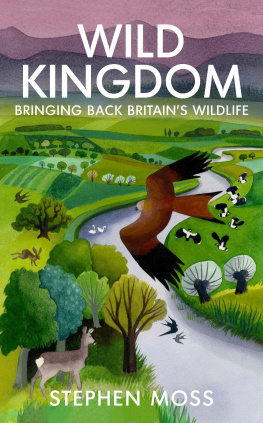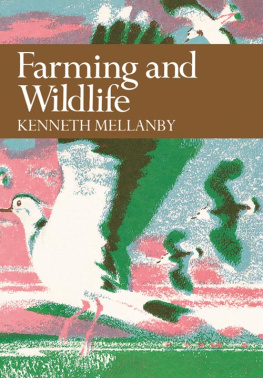Long live the weeds and the wilderness yet.
The cowman who clears his range of wolves has not learned to think like a mountain. Hence we have dustbowls and rivers washing the future into the sea.
| 12th century | William de Braose (11441211), lord of the Rape of Bramber, builds the motte and bailey keep, now known as Old Knepp Castle. |
| 120615 | King John visits Knepp on several occasions to hunt fallow deer and wild boar. |
| 15731752 | Knepp estate owned by the Caryll family, Sussex ironmasters. |
| 1787 | Sir Charles Raymond buys the Knepp estate and gives it to his daughter Sophia and son-in-law, William Burrell. |
| 180912 | Sir Charles Merrik Burrell commissions John Nash to design Knepp Castle with a park in the style of Humphry Repton. |
| 193945 | Knepp Castle, requisitioned by the War Office, becomes HQ of the Canadian Infantry and Armoured Divisions during the Second World War. |
| 194143 | Widespread clearance of scrub and ploughing of permanent pasture at Knepp, including the Repton park, as part of the Second World Wars Dig for Victory campaign. |
| 1947 | Clement Atlees government passes the Agriculture Act guaranteeing fixed market prices for farm produce in the UK in perpetuity. |
| 1973 | The UK joins the EEC and converts to farming subsidies under the Common Agricultural Policy (CAP). |
| 1987 | The authors husband, Charlie Burrell, inherits Knepp Estate from his grandparents. The farm is already losing money. |
| 198799 | Intensification of the farm, including amalgamating dairies, improving infrastructure, and diversifying into ice-cream, yoghurt and sheeps milk, fails to deliver profits. |
| 2000 | Sale of dairy herds and farm machinery; arable put out to contract. |
| 2001 | Restoration of the Repton park, with funding from Countryside Stewardship. |
| 2002 | February Introduction of fallow deer from Petworth House to the restored Repton park. |
| December Charlie sends the Department for Environment, Food and Rural Affairs (DEFRA) a letter of intent to establish a biodiverse wilderness area in the Low Weald of Sussex. |
| 2003 | First visit by scientists from English Nature to consider rewilding at Knepp. |
| June Introduction of twenty Old English longhorns to the Repton park. |
| June CAP reform, based on decoupled aid, allows farmers to take land out of production while still receiving subsidies, thus allowing Knepp to come out of conventional farming. |
| 20036 | The Southern Block of the Knepp Estate is left fallow, beginning with the worst fields and leaving the most productive fields to last. |
| 2003 | August Neighbouring farmers and landowners invited to A Wild Wood Day at Knepp, in an attempt to encourage them to support and/or join the rewilding project. |
| November Introduction of six Exmoor ponies to the Repton park. |
| 2004 | Countryside Stewardship funds extension of the park restoration to the Middle and Northern Blocks; boundary fences around the Middle and Northern Blocks erected. |
| July Twenty-three old English longhorns introduced into the Northern Block. |
| December Introduction of two Tamworth sows and eight piglets to the Middle Block. |
| 2005 | July Duncan, an Exmoor colt, introduced to the Middle Block. |
| 2006 | January An Holistic Management Plan for a naturalistic grazing project on the Knepp Castle Estate drawn up for Natural England. |
| May Inaugural meeting of Knepp Wildland Advisory Board. |
| 2007 | Summer First turtle doves recorded at Knepp. |
| 2008 | The 1.5 mile River Adur restoration project at Knepp gets the go-ahead from the Environment Agency after eight years of consultations and feasibility studies. |
| February Natural England scientists advise that Knepp is unlikely to receive backing for the foreseeable future. |
| June Andrew Wood, founder of the Higher Level Stewardship agri-environment scheme, visits Knepp. |
| 2009 | Knepp receives notice of Higher Level Stewardship (HLS) funding for the whole estate (to start on 1 January 2010), so now the Southern Block, too, can be ring-fenced for free-roaming animals. |
| March A 9 mile perimeter fence is built around the Southern Block. |
| March First ravens nest at Knepp. |
| May A mass migration of 11 million painted lady butterflies from Africa descends on Britain; at Knepp, tens of thousands are attracted by an outbreak of creeping thistle. |
| May 53 longhorn cattle introduced into the Southern Block. |
| August 23 Exmoor ponies introduced into the Southern Block. |
| September 20 Tamworth pigs introduced into the Southern Block. |
| Scrapes created along 3 kilometres of River Adur tributary floodplains. |
| Five-year monitoring survey reveals astonishing wildlife successes, including breeding skylarks, woodlarks, jack snipe, ravens, redwings, fieldfares and lesser redpolls; thirteen out of the UKs seventeen bat species, and sixty invertebrate species of conservation importance including the rare purple emperor butterfly. |
| 2010 | February Forty-two fallow deer introduced into the Southern Block. |
| July Beaver Advisory Committee for England set up, with Charlie as Chair. |
| Sir John Lawtons review Making Space for Nature submitted to government, with recommendations for more, bigger, better and joined up areas of nature in Britain. |
| 2012 | A survey by Imperial College London identifies thirty-four nightingale territories at Knepp (from none in 2002), making it one of the most significant sites in the UK for this critically endangered bird. |
| 2013 | April Red deer introduced to the Middle and Southern Blocks. |
| State of Nature report charting the continued cataclysmic decline of British species. |
| 400 species identified in three transects at Knepp over one recording weekend, including thirteen birds on the International Union for Conservation of Nature (IUCN) Red List and nineteen on the Amber List; and several extremely rare butterflies and plants. |
| Studies by Imperial College identify nineteen species of earthworm at Knepp, indicating a marked improvement in soil structure and function compared with neighbouring farms. |

